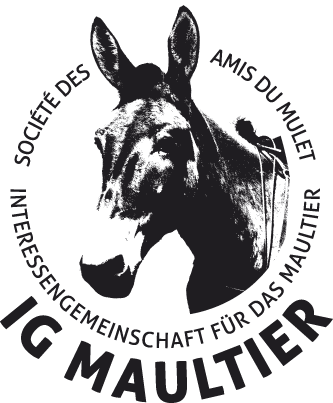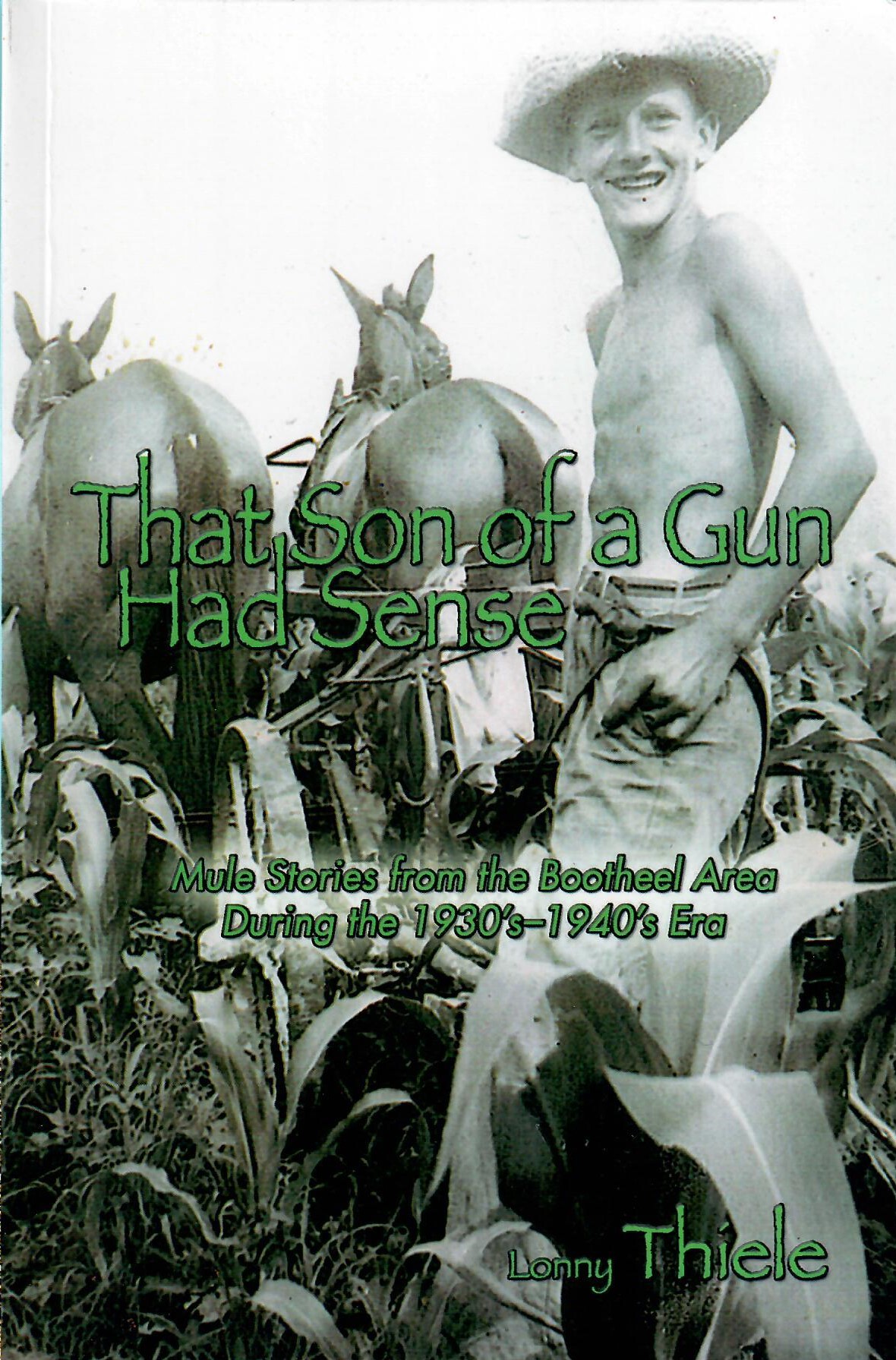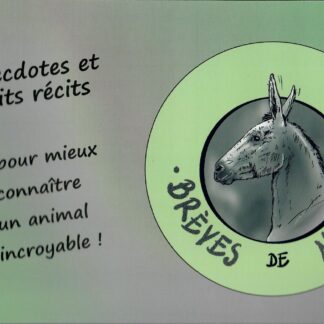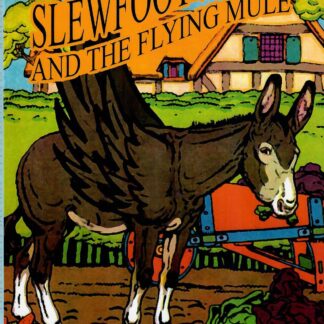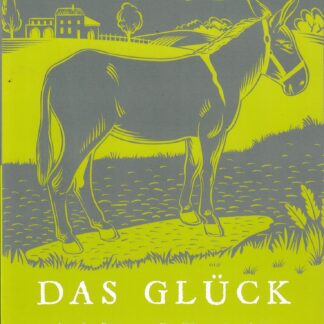Description
Thiele, Lonny (2012). That Son of a Gun Had Sense: Mule Stories from the Bootheel Area During the 1930’s-1940’s Era. Lonny Thiele. 298 Seiten.
I wrote this book as a voice for Missouri farm mules from the 1930s and 1940s – a voice for more than 245,000 incredibly hard working, resilient, versatile equine survivors who possessed a keen intelligence, that in many incidents seemd to be a sense of humor. For more than 165 years roughly 1785 to 1950, this country relied on mule and horsepower for farm power. Horses were bred for pleasure and farm work. Mules were bred for farm work. … Stories in the book are firsthand accounts by people who farmed with mules in the Bootheel and surrounding area, mainly in the 1930s and 1940s. They farmed with mules as adults, teenagers, many as preteens, some as young as 6 or 7 years old. … According to several men interviewed for mule stories, mules are usually smaller, eat less, withstand heat better, and pound for pound, work harder than horses. These traits made them the farm animal of choice in the South and in the Missouri Bootheel area where cotton was the main money crop in the 1930s and 1940s. Mules worked 10 or more hours a day, six days a week.

